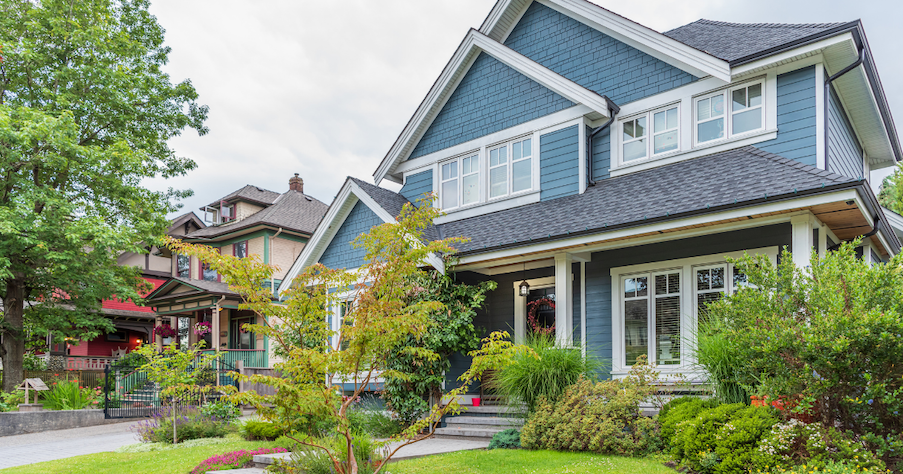There are many ways to value a home. Some argue a home is only worth what someone is willing to pay for it. Others look to an estimated algorithm provided by services like Zillow. Knowing your price per square foot (PPSF) and how that impacts both listing price and time on the market is an invaluable tool for homeowners.
To calculate your PPSF you simply divide the cost of the home by the number of heated or cooled square feet to get the total. However, things like additions of a swimming pool, kitchen and bathroom updates, upgrades such as high-end flooring and finishes can also add to the overall value of a home.
Location also is a huge factor, as are many intrinsic qualities of a home. While the PPSF is just a number, it’s one that should be scrutinized when determining how much your home is worth. Furthermore, square footage and home value is something to seriously consider when it comes time to resale as you will be competing with other nearby homes.
For most military families, when you are house hunting you are not only looking for a home for yourself for the next two to four years but also you may be keeping in mind the eventual resale of the home or ability to rent it out as an investment property. We have all heard the wisdom of “Don’t buy more house than you can afford,” but how can this maxim also translate to “Don’t buy the biggest house on the block?”
For starters, having the biggest home in the neighborhood has historically meant that the overall value of your home will not increase at the same rate as surrounding homes. The appreciation rate is slower for the largest home but improves most rapidly for the smallest or worst house on the block. Any improvements you make may not pay off in a timely manner when it comes to the value of the home.
As for a home appraisal, it may be difficult to find comparables on size with homes surrounding yours. If your home doesn’t appraise for what you think it’s worth you may have a difficult time recouping any equity or profit in your home and finding a buyer who can qualify if the appraisal doesn’t meet the sales price.
Have proof of your home’s actual square footage verified by a trusted professional. Don’t simply take a listing agent’s word for it. Make sure your tax records show an accurate number or consider having a home square footage certification completed. Ensure that your home’s appraisal takes into account all of the important variables for a home valuation.
By doing your due diligence to ensure an accurate accounting of your home’s square footage and value, you can then take the necessary steps to purchase a home within a comparable “median range” of square footage among your neighbors and nearby homes. When it comes time to sell or relocate, you won’t have the worries of being the biggest house on the block. You will ensure that your home has time to appreciate and sells quickly based on the right pricing and timing of improvement.



